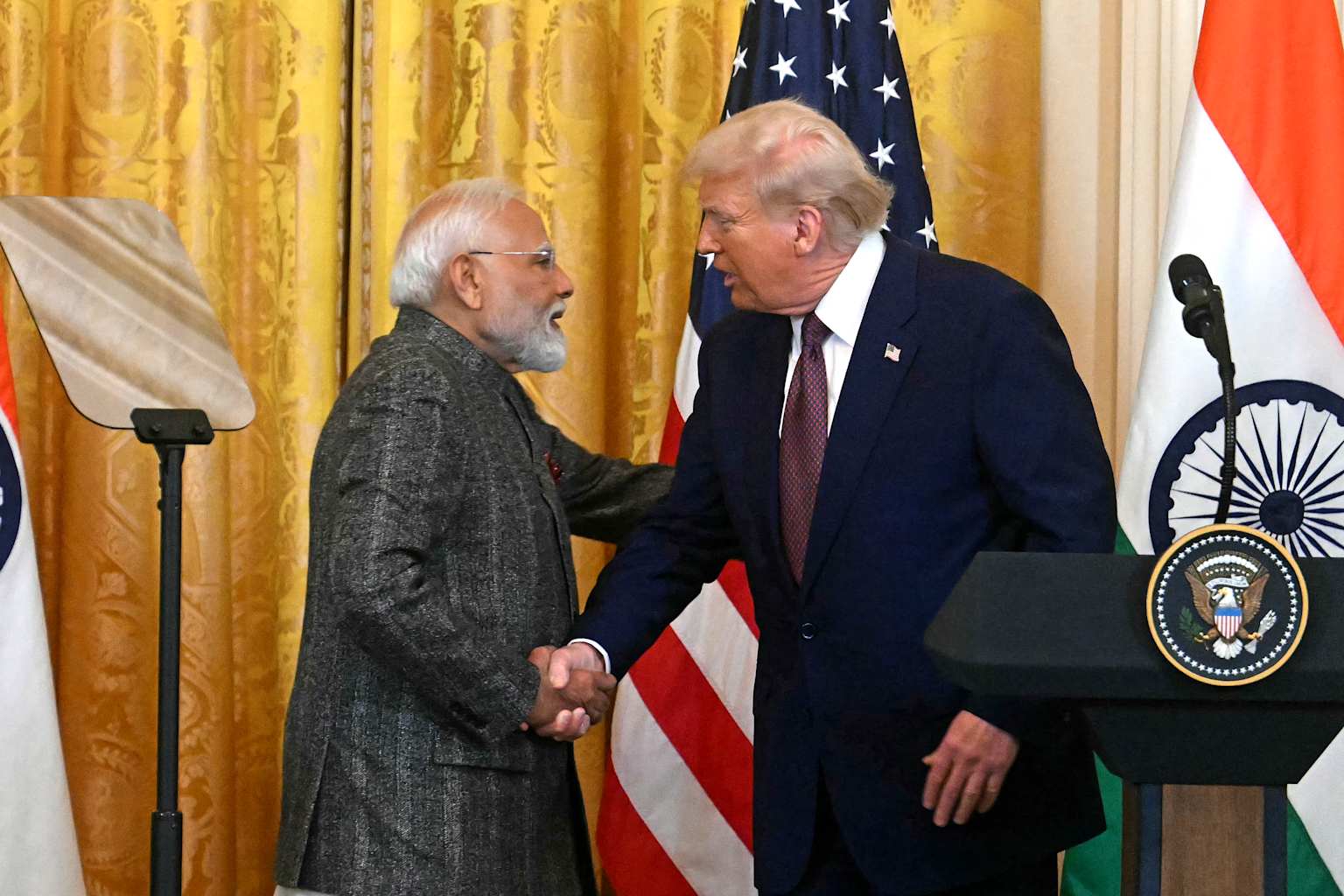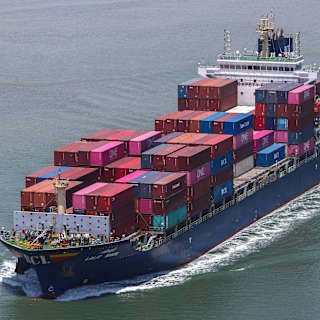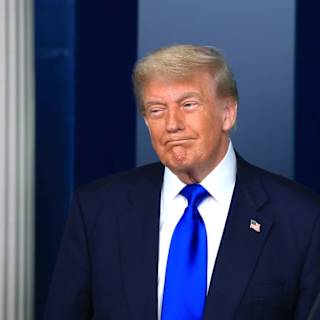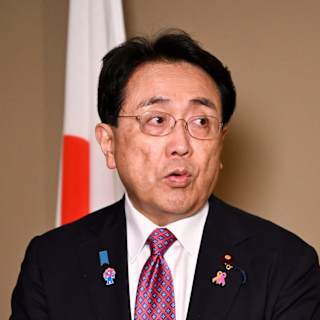- Stalemate Over Sensitive Sectors
- High Stakes Deadline Approaches
India's trade delegation returned from Washington on Friday without securing an interim deal with the United States, as negotiations remain deadlocked over agriculture, automobiles, and steel with just five days remaining before President Donald Trump's July 9 deadline to impose reciprocal tariffs.
The Indian team, led by chief negotiator Rajesh Agrawal, concluded talks that began June 26 but failed to resolve disputes that have stalled what was initially expected to be signed today during External Affairs Minister S. Jaishankar's visit to Washington. Commerce Minister Piyush Goyal stated India "won't sign any deal under deadline," signaling the country will only accept mutually beneficial terms.

The primary obstacle remains the Trump administration's demand for wider access to India's agricultural sector, particularly for genetically modified corn, soybeans, rice, and wheat1. India has refused to lower tariffs on these products or open its dairy sector, which employs over 80 million people and has never been included in any of the country's previous free trade agreements21.
According to Reuters, both sides also remain divided over import duties on auto components and steel3. The US is seeking duty concessions on industrial goods, automobiles—especially electric vehicles—wines, petrochemicals, and tree nuts, while India wants tariff relief for labor-intensive sectors including textiles, gems and jewelry, leather goods, and chemicals24.
"There are certain issues which need to be resolved in agriculture and auto sectors," an Indian official told the Economic Times2. India's position has hardened on agricultural concessions due to the politically sensitive nature of the farming sector, with fears that foreign access could trigger farmer protests1.
The talks carry urgency as the suspension of Trump's 26% reciprocal tariffs is set to expire July 91. India imposed these additional duties in April but suspended them for 90 days, while maintaining a baseline 10% tariff2. India seeks complete exemption from the additional tariffs while the US demands deeper cuts to Indian import duties on American goods34.
Trump announced Thursday that Washington would begin sending tariff letters to countries starting Friday, adding pressure to the negotiations5. Both countries aim to double bilateral trade to $500 billion by 2030 from the current $191 billion1.
The stalemate represents a shift from earlier optimism when Trump claimed New Delhi had proposed a "no tariffs" arrangement, and officials suggested India could be among the first countries to reach a deal4.





